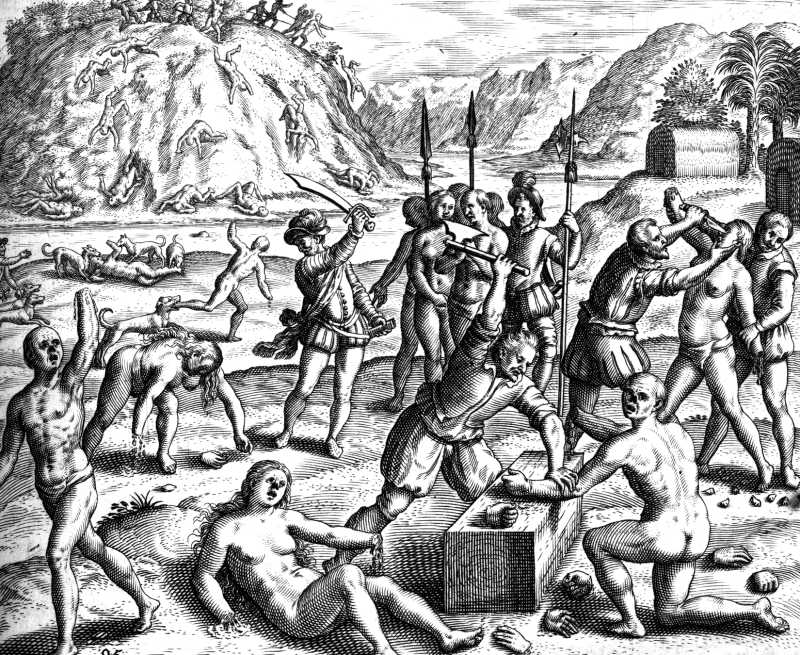|
|
 |

History of Iquique
During the first years of the Spanish conquest, the guano (seabirds excrement) used as a fertilizer was the cause for the settlement of man on these shores. Years later, mining exploitation and saltpeter would represent the resources which would contribute with the necessary conditions for urban development. But it was a conflict of boundaries which changed not only the nationality of this city but also its political and economic fate.
According to historical records, neighboring Bolivia would stretch to the Pacific Ocean from 24º South latitude to the mouth of the Loa River, some kilometers upstream from the City of Tocopilla.
In February 14, 1879, the Chilean troops began to claim the territory Chile used to possess opposite Bolivia before the occupation. Therefore, in March 23, 1879, the territory –occupied by Bolivia- went back to Chilean hands. But the conflict was still starting. A secret pact between Bolivia and Perú would lead Chile to declare war on Peru in April 5, 1879. |
 |
.jpg) |
This dispute, which lasted from 1879 to 1880, set a mark on the history of the three countries to this date. Iquique was the scenery for this conflict. The strategy of the Chilean army was to disembark north of the city they wished to recover (Antofagasta, in this case). Therefore, the Chilean navy reached Iquique on the Esmeralda and Covadonga corvettes. It was in May 21, 1879 when the Monitor Huascar battleship (today displayed at the City of Concepción) sunk the Esmeralda corvette during the so-called Battle of Iquique, in which the hero Arturo Pratt and part of his crew passed away.
After the Chilean navy and the army won some battles, this beautiful city was finally occupied by Chile in November 24, 1879. The troops continued their expedition to the North and, after taking up Morro de Arica, in June 7, 1880, war came to an end. In 1929 and 1930, diplomacy delimited the present geographical boundaries.
Today, Iquique belongs to Chile and these historical facts may be remembered just by getting on a small wooden barge leaving from the old pier in the company of a guide and other tourists deep into the waters where a buoy marks the historical milestone of the sinking of the Esmeralda and her commander. |
Go back to Learn Spanish in Inquique
|
 |
|

